At the Token2049 conference in Singapore, Robinhood CEO Vlad Tenev described tokenization as a “freight train” rapidly heading toward traditional finance. He argued that the separation between crypto and traditional markets is temporary, predicting that in the near future, nearly all assets will exist on-chain in some form.
Robinhood has already begun testing this future by launching tokenized stocks in Europe, giving global investors round-the-clock access to U.S. equities. Tenev compared tokenized stocks to stablecoins, which have become the default gateway to digital dollars. He believes stock tokens will soon serve as the primary way for international investors to gain exposure to American markets.
However, he noted that while Europe is leading in regulation and adoption, the U.S. lags behind. Tenev compared America’s slower pace to its lack of high-speed rail, arguing that the current financial system works “well enough,” which reduces the urgency for innovation. Still, he expects tokenization to eventually dominate U.S. markets despite regulatory hurdles.
Beyond equities, Robinhood is preparing to expand tokenization into real estate. Tenev emphasized that tokenizing property is mechanically no different from tokenizing private companies like SpaceX or OpenAI—both involve structuring assets into a company and issuing tokens against them. While OpenAI criticized the tokenization of its private shares as unauthorized, Tenev dismissed the backlash as a reflection of outdated legal frameworks rather than technical limitations.
He framed real estate as the next major frontier, envisioning a world where investors can trade property tokens as seamlessly as stocks or stablecoins. With tokenization advancing quickly in Europe and poised to disrupt multiple asset classes, Tenev believes the technology is not just a trend but the future of finance.
“Eventually, it’s going to eat the entire financial system,” he concluded.






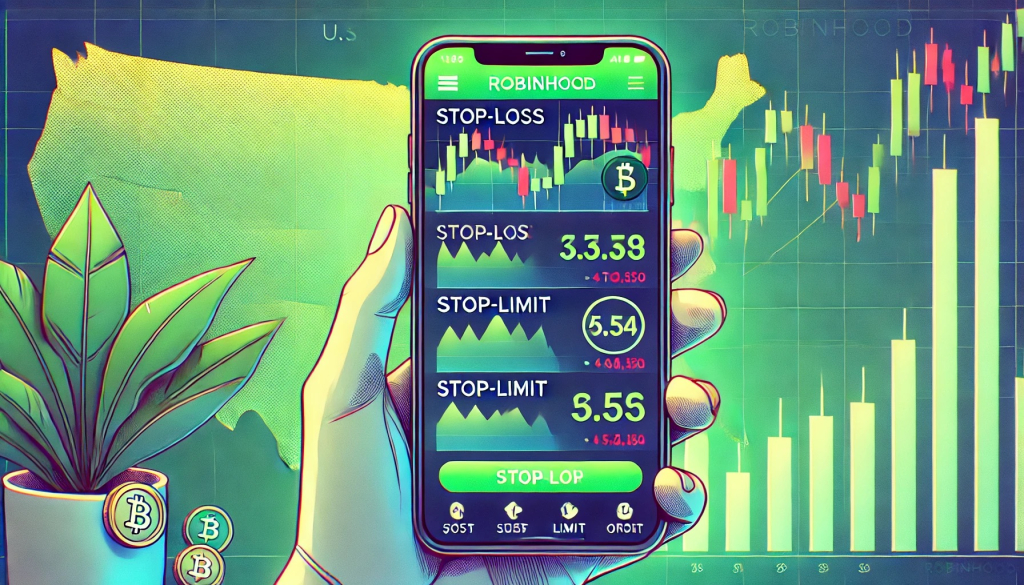



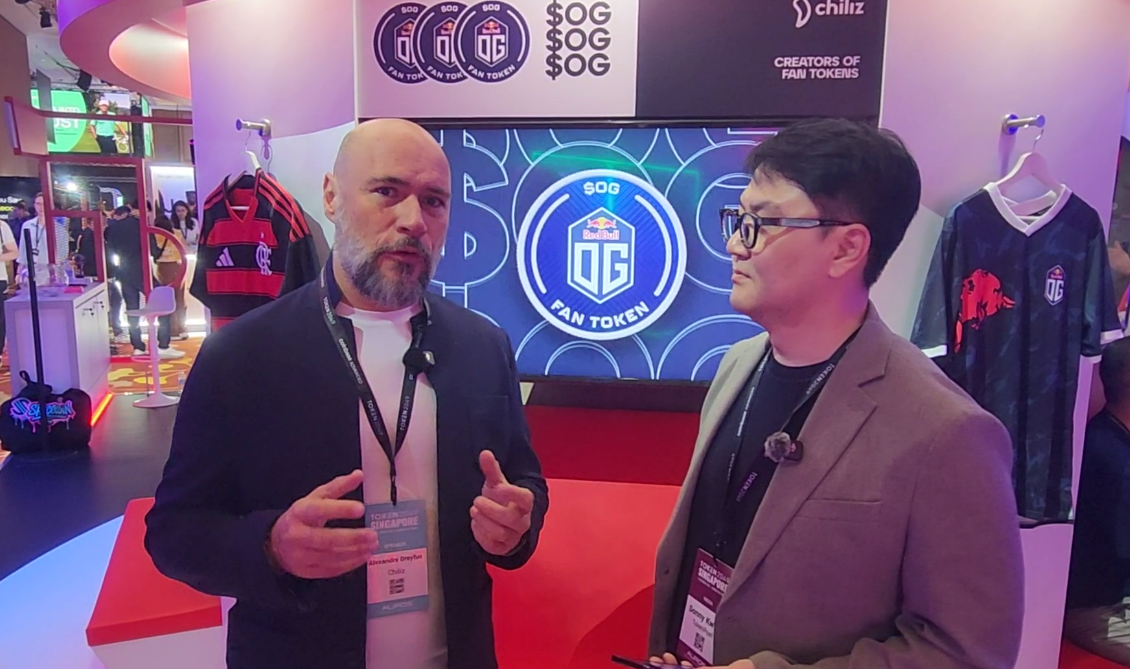







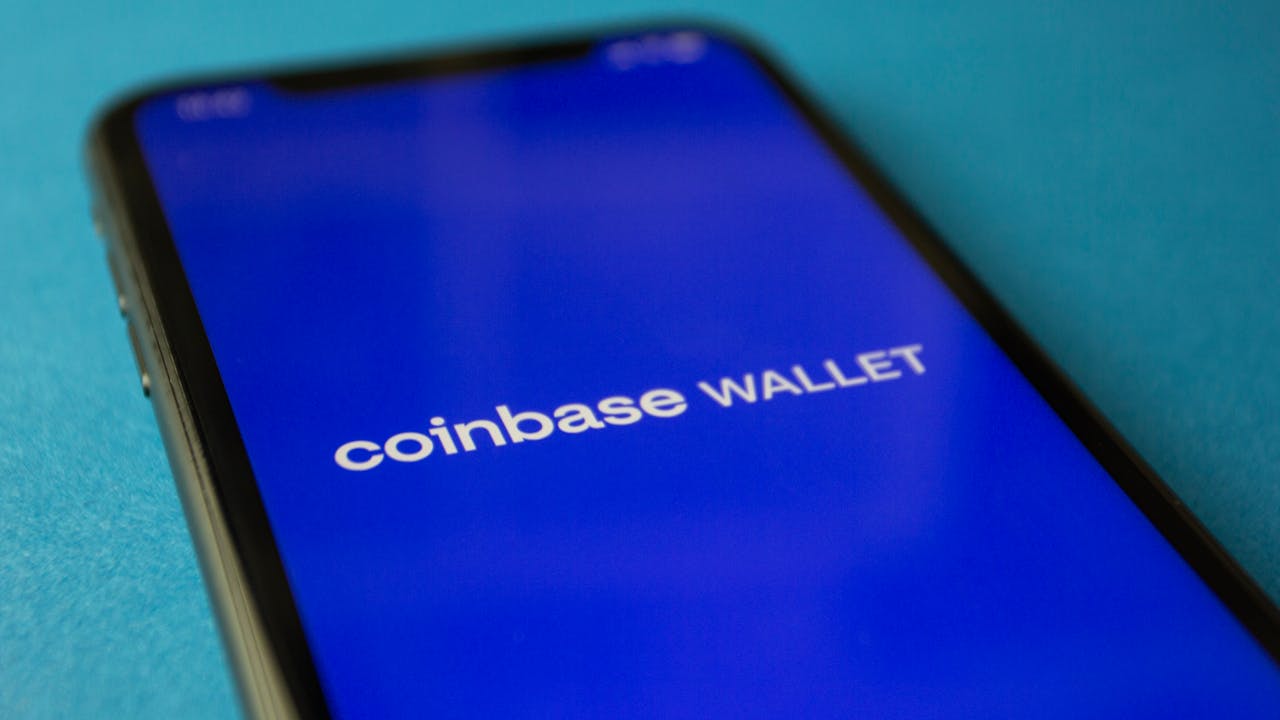
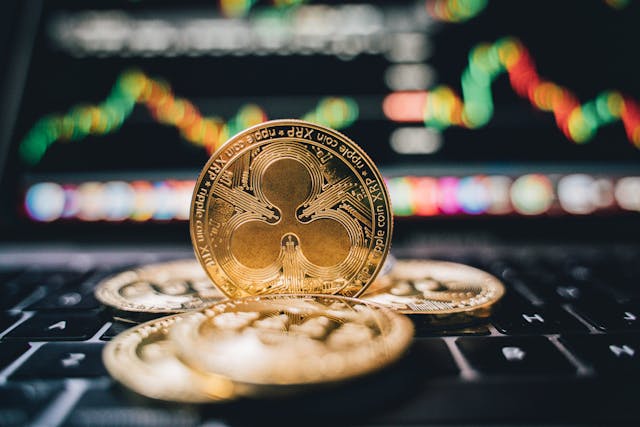

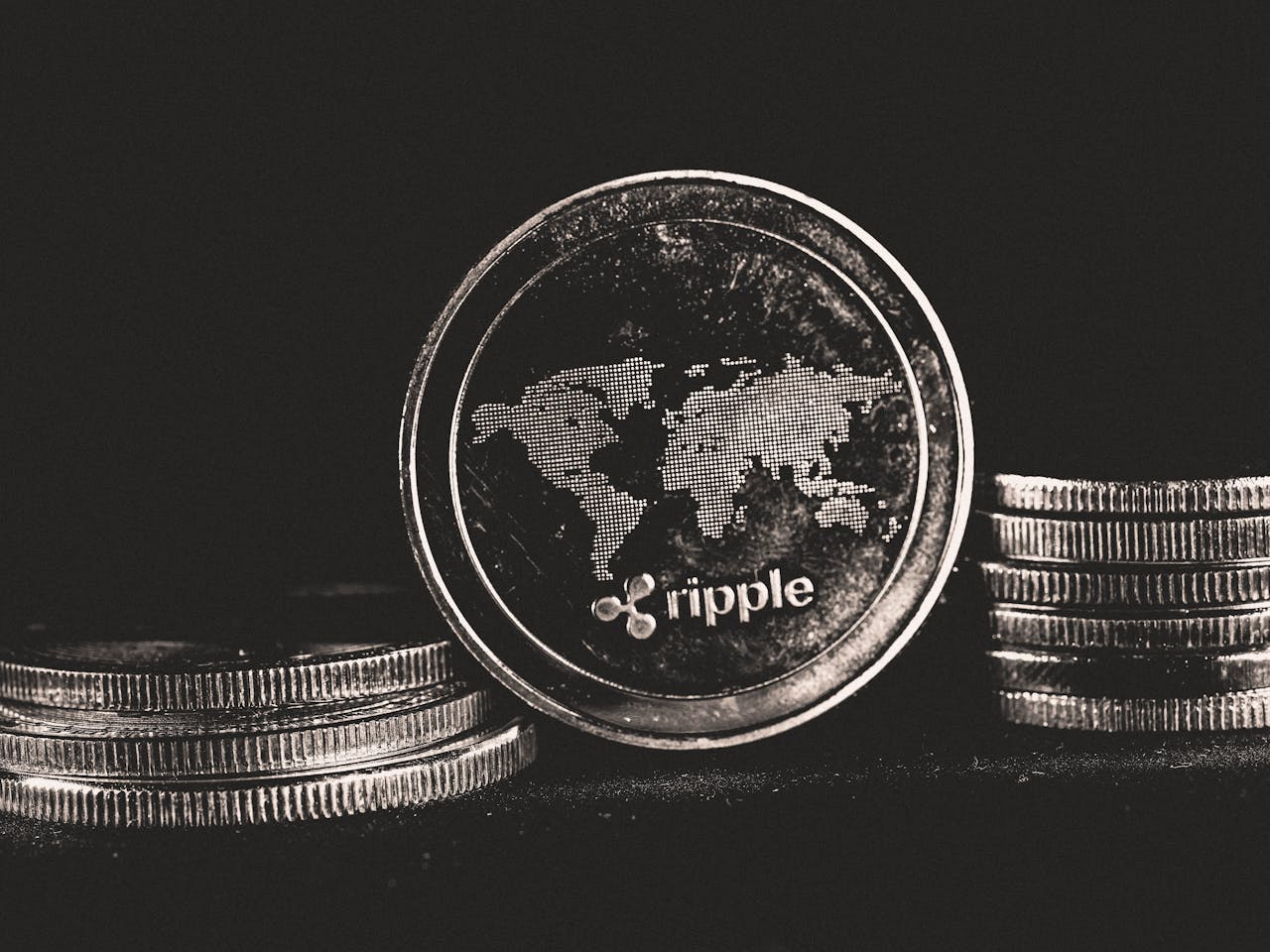
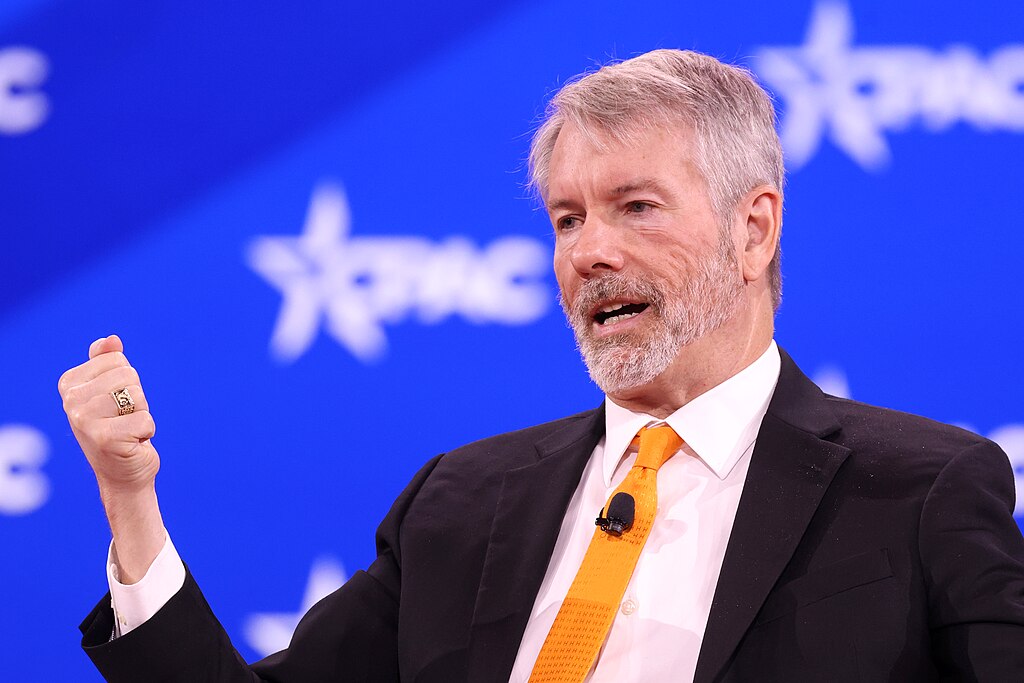

Comment 0